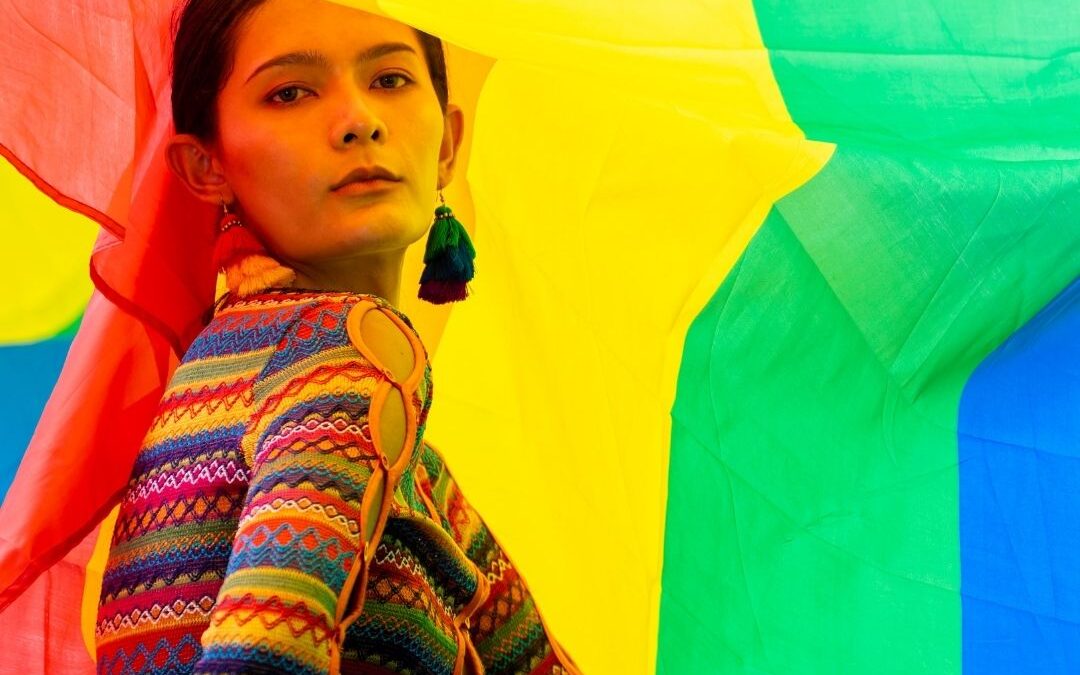Four years ago, I made one of the biggest decisions of my life—I left my home country and moved to Croatia. At first, it felt like stepping into an exciting new chapter, full of possibilities. A new country, new people, and a fresh start. But soon, reality set in, and the adaptation process turned out to be far more challenging than I had anticipated.
What made my transition even more drastic was not just moving to a new country but also shifting from one extreme lifestyle to another. Before Croatia, I lived in Istanbul, a bustling, chaotic, and electrifying city. It was a place where life moved at full speed—crowded streets, the sound of honking cars blending with the call to prayer, the vibrant nightlife, and the comforting familiarity of endless cafés and hidden bookshops. The energy of the city kept me going, and I had grown accustomed to its rhythm.
Then, everything changed. Instead of settling in a Croatian city, I found myself in a quiet village, surrounded by nature, silence, and an entirely different pace of life. At first, it felt surreal. Gone were the late-night gatherings, the constant stimulation, and the feeling of being in the center of everything. Instead, I had slow mornings, fresh air, and the kind of stillness that forces you to sit with your thoughts. The transition wasn’t just about adjusting to a new country; it was about learning to live in an entirely different way.
Emotionally, it was a rollercoaster. The sense of unfamiliarity, the constant need to adjust, and the small everyday tasks that used to be effortless back home suddenly became frustrating hurdles. Something as simple as finding a familiar product in a grocery store or navigating bureaucratic paperwork felt like a monumental task. The healthcare system, administrative procedures, and even daily interactions felt overwhelming.
And despite being a psychologist, I wasn’t immune to these struggles. Language was the biggest barrier—I didn’t know a single word of Croatian. It made even the simplest conversations feel like an uphill battle. There were moments of isolation, moments of doubt. But slowly, things started to shift.
Over time, I embraced the challenge. I pushed myself to learn the language—at least enough to hold daily conversations. I immersed myself in the culture, observed, listened, and adapted. I met new people, built friendships, and gradually started feeling a sense of belonging. It wasn’t an overnight transformation, but step by step, Croatia started to feel like home.
Moving abroad was an incredible yet difficult transition for me, filled with emotional highs and lows. But I know I’m not alone—many expats face similar struggles. Whether it’s cultural shock, loneliness, or career uncertainty, these psychological challenges are common among those who leave their home country. If you want to explore these challenges in depth and learn how to navigate them, check out this guide on expat mental health and take the Expat Mental Health Test to assess your well-being.
Living abroad isn’t always easy, and adjusting to a new life takes time. But with patience, resilience, and an open mind, it becomes an enriching experience—one that shapes you in ways you never imagined.




